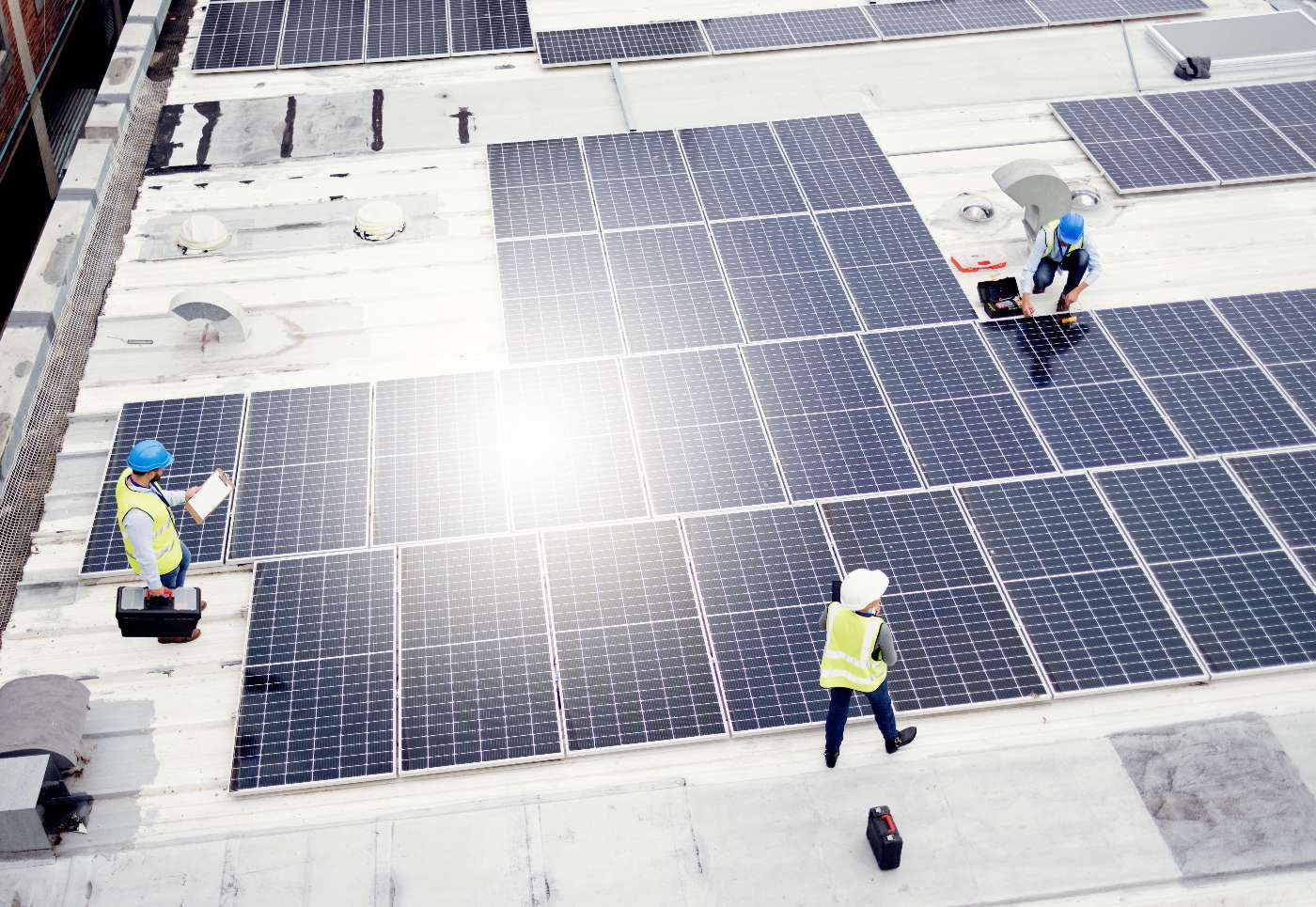As the world becomes increasingly aware of the pressing need for sustainable practices, the construction industry is increasing its efforts to minimize its environmental impact. Civil contractors, in particular, are taking proactive measures to promote sustainability in their projects. In this blog post, we will explore the various green initiatives; contractors implement and how these initiatives contribute to a more sustainable future.
- Sustainable materials
Ciivil contractors are committed to using sustainable materials in their projects. They prioritize using recycled or reclaimed materials such as wood, aggregates, and salvaged materials. These choices help reduce waste and promote resource conservation. Additionally, they opt for materials with lower embodied carbon, such as sustainable concrete alternatives and responsibly sourced timber. By selecting eco-friendly materials, contractors minimize the environmental impact associated with construction projects.
- Energy-efficient designs
Several contractors incorporate passive design techniques that optimize natural lighting and ventilation, reducing the need for artificial lighting and HVAC systems. Maximizing daylighting and utilizing shading devices enhance energy efficiency in buildings. Contractors also incorporate energy-efficient technologies like solar panels, smart lighting systems, and high-performance insulation. These features reduce energy demand, lower carbon emissions, and decrease long-term operational costs.
- Green building certifications
Additionally, civil contractors recognize the value of pursuing green building certifications, such as LEED certification. These certifications ensure that projects meet strict standards for sustainability. Contractors actively engage in the certification process, implementing measures related to energy efficiency, water conservation, indoor air quality, and materials selection. By achieving these certifications, contractors demonstrate their commitment to sustainable practices, enhance the marketability of their projects, and appeal to environmentally conscious clients.
- Waste reduction and recycling
Waste management is a crucial aspect of sustainable construction practices embraced by most contractors. They implement strategies to minimize waste generation and maximize recycling. On construction sites, contractors segregate waste to facilitate the recycling and reuse of materials like concrete, steel, and wood. They collaborate with local recycling facilities and organizations to ensure proper disposal of hazardous materials. These initiatives not only divert waste from landfills but also conserve resources by giving salvaged materials a new life in construction projects.
- Water conservation
Contractors prioritize water conservation in their construction projects. They incorporate water-efficient fixtures and systems, such as low-flow toilets, faucets, and water-saving irrigation systems. They reduce reliance on municipal water sources by integrating rainwater harvesting techniques and greywater recycling systems. These practices conserve water resources, minimize the strain on local water supplies, and promote sustainable water management. Water conservation measures also reduce utility costs for building occupants while contributing to a more sustainable environment.
- Collaboration and education
Often, civil contractors actively engage in collaboration and education initiatives to promote sustainability within the industry. They participate in industry conferences, workshops, and trade associations focused on sustainable construction practices. Contractors continually improve their sustainability efforts by sharing best practices, exchanging ideas, and staying updated on the latest innovations. They also collaborate with architects, engineers, and suppliers to develop innovative solutions that reduce environmental impact. By fostering a culture of collaboration and education, they drive positive change and advance sustainability in civil construction.
- Sustainable site development
Contractors prioritize sustainable site development to protect natural habitats and promote biodiversity. They implement erosion control measures, such as sediment barriers and sedimentation ponds, to prevent soil erosion during construction. Furthermore, contractors also work to preserve existing vegetation and incorporate green spaces into their projects. By minimizing the disruption of natural ecosystems and promoting biodiversity, they contribute to the overall ecological health of the surrounding environment. Sustainable site development practices create a harmonious balance between construction and nature, resulting in more sustainable and resilient communities.
Civil contractors are crucial in promoting sustainability in the construction industry. By adopting eco-friendly materials, energy-efficient designs, water conservation measures, waste management strategies, and green building certifications, they actively reduce their environmental impact and contribute to a more sustainable future. Additionally, their collaboration efforts and commitment to education ensure that sustainability practices continue to evolve and improve. As consumers and stakeholders increasingly prioritize sustainable development, these green initiatives by our civil contractors are paving the way for a greener and more environmentally conscious construction industry.

